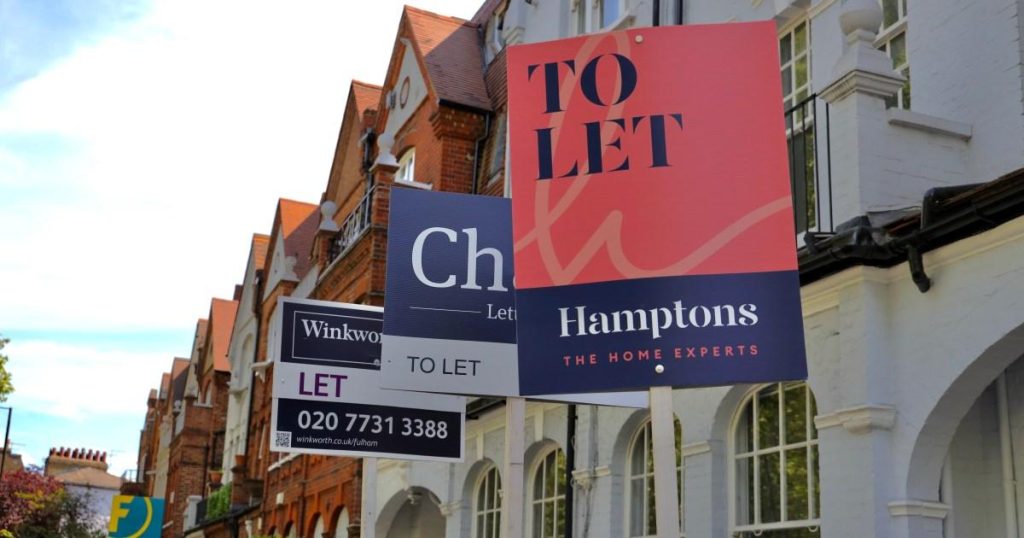The UK government, under the Labour Party, has reintroduced legislation aiming to abolish “no-fault” evictions in the private rental sector. This Renters’ Rights Bill, successfully passing its third reading in the House of Commons, builds upon the Conservative Party’s earlier Renters (Reform) Bill while incorporating new provisions. The core element remains the elimination of Section 21 notices, which currently allow landlords to evict tenants without providing a reason. The Labour government intends to enact this ban immediately upon the bill becoming law, contrasting with the previous administration’s more cautious approach. This decisive action seeks to address the precarious housing situation faced by many renters and rebalance the power dynamic between landlords and tenants. While the bill has garnered support from housing advocacy groups, concerns remain about potential loopholes and the need for robust safeguards against exploitative practices.
The proposed legislation offers several key protections for renters. First and foremost, the abolishment of Section 21 notices aims to provide tenants with greater security and stability in their homes. Currently, the fear of arbitrary eviction can discourage tenants from reporting legitimate housing issues, leading to substandard living conditions. The bill also grants tenants the right to request permission to keep pets, which landlords cannot unreasonably refuse. This addresses a common restriction faced by many renters and acknowledges the important role pets play in people’s lives. Furthermore, the bill seeks to curb unfair rent increases by empowering tenants to challenge excessive hikes and by prohibiting rental bidding wars, a practice that often drives up prices and disadvantages lower-income renters.
Further provisions within the bill aim to tackle discrimination and improve housing standards. It will become illegal for landlords to discriminate against prospective tenants based on their receipt of benefits or having children. This measure seeks to create a fairer and more inclusive rental market, ensuring that vulnerable groups are not unfairly excluded from accessing suitable housing. The bill also expands the scope of Awaab’s Law, legislation initially designed to address hazardous living conditions in social housing, to encompass the private rental sector. This expansion aims to hold landlords accountable for maintaining safe and healthy living environments, specifically targeting issues like mould, which can have severe health implications for residents.
The proposed reforms represent a significant shift in the UK’s rental landscape, bringing England closer in line with Scotland, where no-fault evictions have been prohibited for several years. Advocates for renters’ rights have long campaigned for these changes, viewing them as crucial steps towards a more equitable and secure rental market. However, the experience in Scotland has highlighted potential challenges, including landlords attempting to circumvent the ban through other means. Therefore, ensuring robust enforcement mechanisms and safeguards against fraudulent evictions will be critical to the success of the new legislation.
The Renters’ Rights Bill marks a significant move by the Labour government to address the housing crisis and empower renters. Deputy Prime Minister and Housing Secretary Angela Rayner has emphasized the urgency of these reforms, stating that “dither and delay” are no longer acceptable. Housing Minister Matthew Pennycook has highlighted the bill’s aim to “level decisively the playing field between landlord and tenants.” While the proposed changes are welcomed by many, the Conservative Party has adopted a cautious stance, stating their intention to scrutinize the bill’s details and hoping for a more coherent approach than previous Labour interventions. This sets the stage for potential political debate as the bill progresses through Parliament.
The journey of the Renters’ Rights Bill through the legislative process remains uncertain. While it is among the first bills introduced in this parliamentary session, its passage into law is subject to the usual procedures of readings, committee stages, and debates in both the House of Commons and the House of Lords. The timeline for implementation remains unpredictable, but debates are expected to commence in the autumn. The ultimate impact of the bill will depend on its final form and the effectiveness of its implementation. The government’s commitment to immediate enactment of the Section 21 ban signals a decisive approach, but the road ahead may involve navigating complex legal and practical considerations. The success of the reforms will ultimately be judged by their ability to deliver tangible benefits for renters, creating a more secure and equitable private rental sector.


